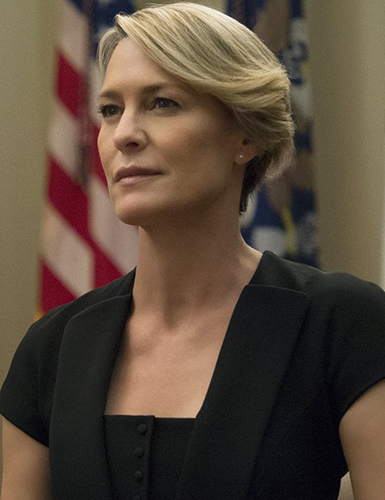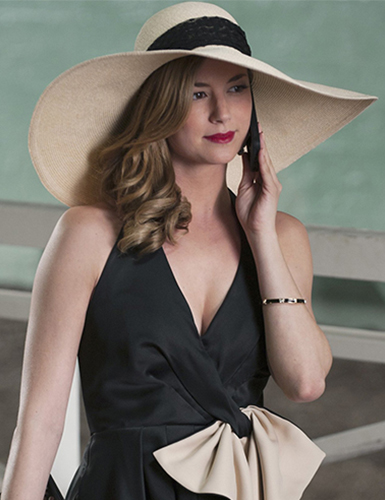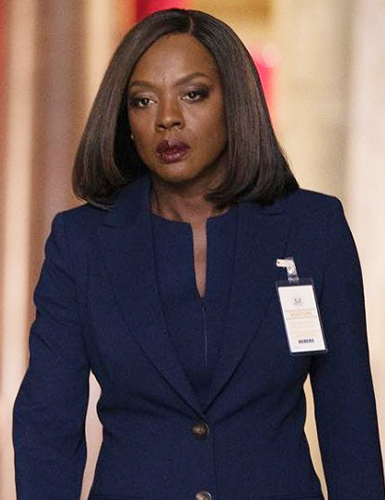April 16, 2019
Modern Match - Elektra
Spend enough time watching Netflix and, sooner enough, it starts to recommend content using what can only be described as mind-reading. Television shows featuring a strong female lead? Sign me up! Political/revenge dramas? I’m hooked! But to binge-watch something – to invest time and emotions in a story – it must have the greatest actors, thrilling plot twists, and an undercurrent of psychological sizzle that keeps viewers clicking. In short, it must follow the formula that Richard Strauss used more than a century ago in Elektra.
What makes Elektra so compelling? The title character, to start. Elektra is opera’s anti-hero, one who elicits horror and pity in equal measure; horror due to her all-consuming desire for revenge, and pity due to… well, who wouldn’t be driven to extremes by history’s most dysfunctional family? The anti-hero is a trope that modern audiences are familiar with. Elektra has the ruthlessness of Robin Wright’s Claire Underwood in House of Cards, the lethal love of Emily VanKamp’s Emily Thorne in Revenge, and the inner intensity of Viola Davis’s Annalise Keating in How to Get Away with Murder. Just as these shows need top-tier actresses to pull off these characters, Strauss’s opera requires a singer at the height of her musical and acting talent.

Robin Wright as Claire Underwood on House of Cards

Emily VanCamp as Emily Thorne on Revenge

Viola Davis as Annalisa Keating on How to Get Away with Murder
Just as in the opera, these kinds of shows are adept at mining the characters’ relationships to heighten the drama. Family members often find themselves on opposite sides of a moral disagreement, such as on Scandal, Empire, orThe Good Wife. They seem to suggest that love among parents, siblings, and spouses is more conditional than we’d imagined. In the opera, Elektra’s mother Klytämnestra loves her children (that is, until they plot to kill her), and the love between siblings is strained as they disagree over the best course of action. Through this, audiences discover what happens when family is not the comfort it’s supposed to be, but a source of stress, anxiety, drama.
All of this leads to the final tier of the Elektra formula: intensely emotional writing. The best dramas employ writers who weave a character’s inner thoughts naturally into dialogue. In television they rely on longstanding themes to unite the show over many seasons. It’s not an easy task, but when done well, the show becomes electric. This is why writers like Shonda Rhimes and Ryan Murphy are household names; their dramas don’t shy away from honest, emotional confrontation or artistic risks. The same is true of Hofmannsthal’s libretto and Strauss’s music. The composer delves into his characters’ psychology using leitmotifs and colorful dissonance. He associates Elektra’s character with harmonies that can’t quite resolve, just as Elektra’s mind cannot resolve as she is consumed by revenge. It’s no wonder that while some adore this opera, others find its music off-putting and exceptionally modern despite its age; just as Elektra makes no effort to please her audience, neither does Strauss. He captures the gritty, sizzling drama that makes the Elektra formula so enduring.
The writer, an intern in Lyric’s marketing and communications department in spring 2018, is currently the relationship marketing associate at the Chicago Symphony Orchestra.

